Music, Economics, and Beyond

According to author Stephen J. Dubner, “The smartest thing about the Rolling Stones under Jagger’s leadership is the band’s workmanlike, corporate approach to touring. The economics of pop music include two main revenue streams: record sales and touring profits. Record sales are a) unpredictable; and b) divided up among many parties.
If you learn how to tour efficiently, meanwhile, the profits–including not only ticket sales but also corporate sponsorship, t-shirt sales, etc.,–can be staggering. You can essentially control how much you earn by adding more dates, whereas it’s hard to control how many records you sell.” (“Mick Jagger, Profit Maximizer,” Freakonomics Blog, 26 July 2007).
In order to get a handle on the problems brought about by digital media in the music industry, we turn to the data most relied upon by the industry. This data comes through Neilsen SoundScan which operates a system for collecting information and tracking sales. Most relevant to the topic of this column, SoundScan provides the official method for tracking sales of music and music video products throughout the United States and Canada.
The company collects data on a weekly basis and makes it available every Wednesday to subscribers from all facets of the music industry. These include executives of record companies, publishing firms, music retailers, independent promoters, film entertainment producers and distributors, and artist management companies. Because SoundScan provides the sales data used by Billboard, the leading trade magazine, for the creation of its music charts, this role effectively makes SoundScan the official source of sales records in the music industry.











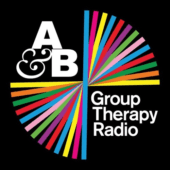



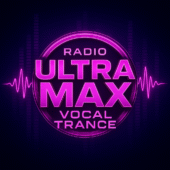
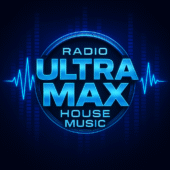
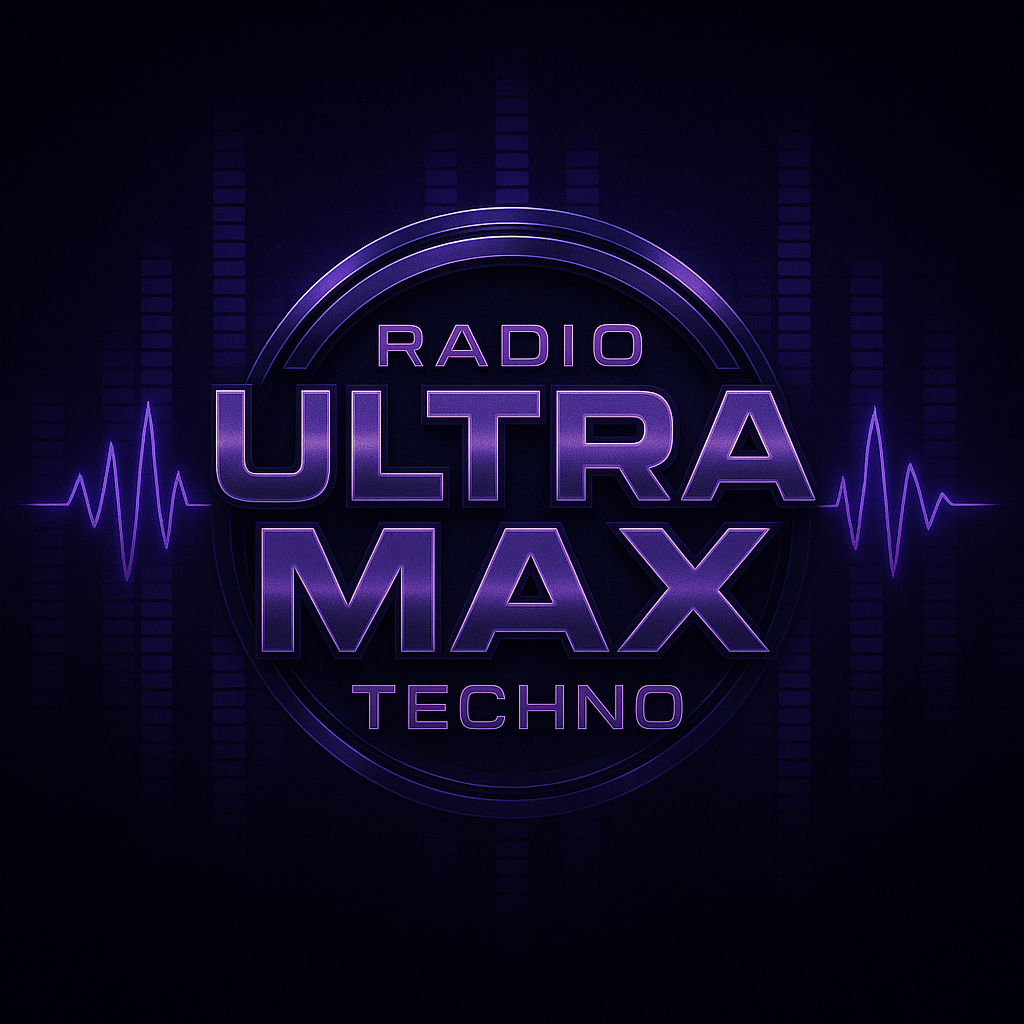
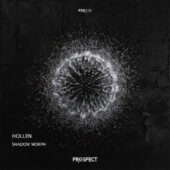

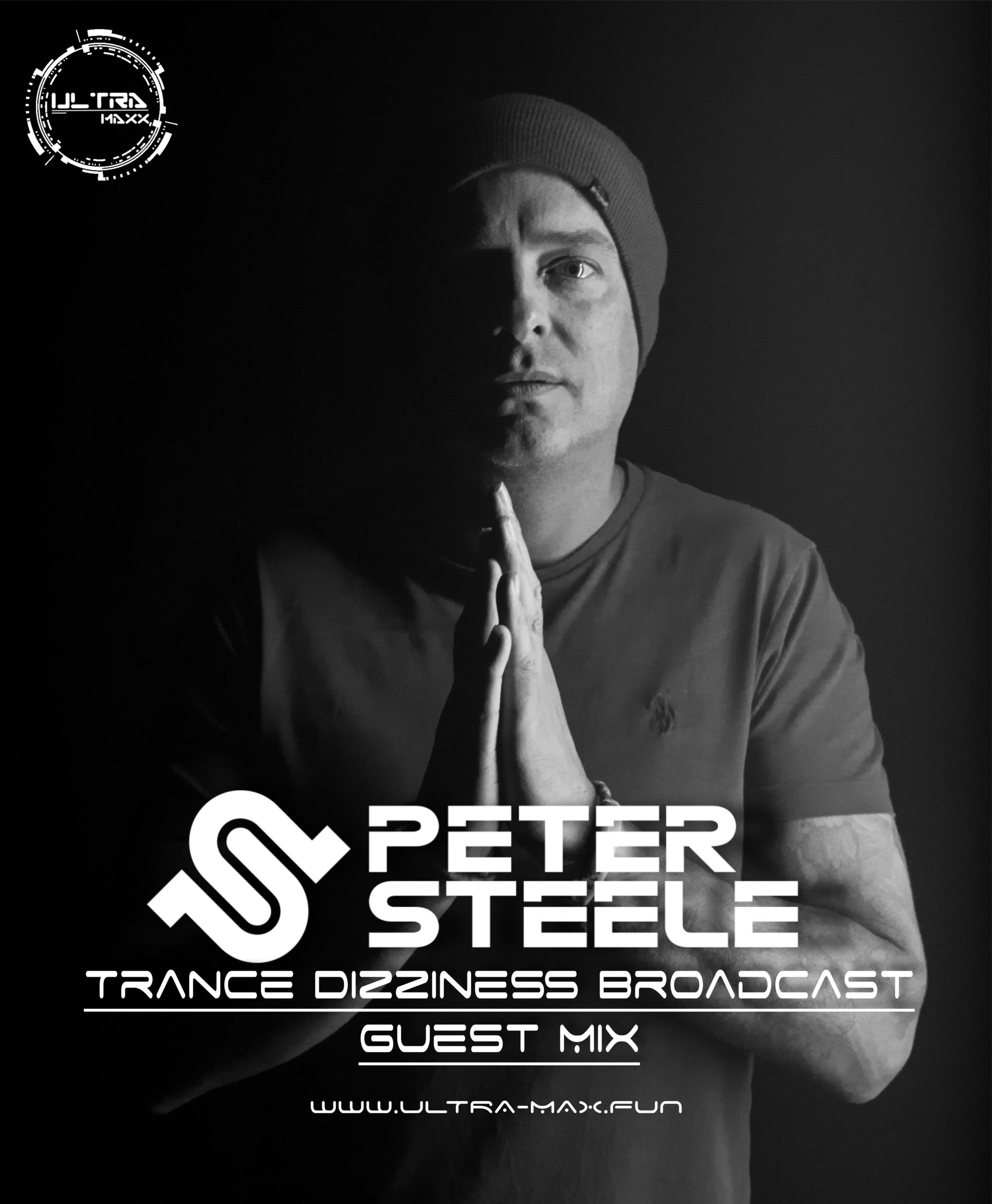








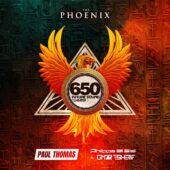


Comments
This post currently has no comments.